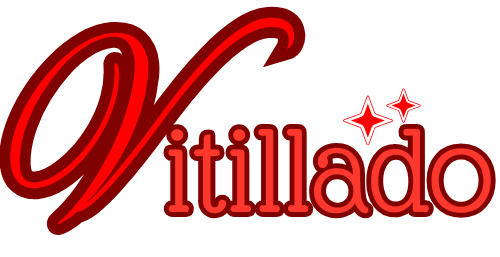On-page Optimization, on the other hand, is a focus on external variables that affect a website’s credibility and reliability, as well as its accessibility online. They are actions that are performed outside the limits of a website to establish the website as a reliable and lucrative asset.
Table of Contents
Defining On-Page Optimization: Building the Foundation
On-Page Optimization SEO is a reference to optimization strategies that are specifically implemented on a website to increase its search engine visibility.
This includes tweaking the elements of the site so that it is search-engine friendly and user-friendly.
Content is King: On-Page Optimization
Incorporating targeted keywords in the meta titles, text, and descriptions is crucial to letting search engines know the relevancy of your webpages.
Meta Tags and Descriptions:
Meta-depictions, title labels, as well as header labeling play an essential role in relaying the content’s setting for search engine crawlers.
The creation of appealing and relevant meta-tags won’t be as effective in advancing the SEO of your site; however, it could increase your click-through rates by encouraging users to join you when the search results are displayed.
URL Structure:
A SEO-friendly URL structure can contribute to a positive experience for users and assist search engines in understanding the structure as well as the content on your site. A simple, clear, and descriptive URL will increase your site’s visibility on search engine results.
Internal Linking:
SEO on the page includes strategic internal linking, connecting relevant pages on your site. This is not just helpful for navigation, but also helps to distribute authority to your site, increasing the overall SEO performance of your website.
Responsive Design:
In this age of mobile-centricity, On-page SEO entails optimizing your site for different devices. A responsive design makes sure that your website adapts effortlessly to various sizes of screens, ensuring users with the best experience possible and positively affecting search rankings.
Unveiling Off-Page Optimization: Building Authority and Trust
Off-page SEO. However, off-page SEO concentrates on other elements that affect a website’s legitimacy as well as its professional status and popularity on the internet. They are activities that occur outside the confines of an online website to establish the website as a reliable as well as a profitable investment.
Link Building:
The primary focus of off-page optimization lies in link-building, an activity that aims to get quality backlinks from reliable and trustworthy websites. Backlinks are considered by search engines as a sign of confidence, which indicates that your content is relevant and reliable.
Social Media Presence:
Engaging with social media sites is a major aspect of off-page optimization in Vancouver. Social signals such as likes, comments, shares, and retweets aid in building brand recognition and trustworthiness.
While social media’s signals might not directly affect the rankings of your website, they do indirectly impact your online web presence.
Online Reputation Management:
Making sure you manage the reputation of your website is vital for off-page SEO. Reviews, positive testimonials, and mentions across multiple platforms influence the impression of your brand, which can influence ranking on search engines.
Guest Blogging:
Submitting high-quality content to respected websites within your field can boost your credibility and generate important backlinks. Guest blogging is a smart off-page optimization technique that will not only establish your reputation as an industry expert but also increase your website’s hyperlink profile.
Influencer Collaborations:
Collaboration with influencers within your field can help increase the reach of your brand and increase its credibility. Collaboration with influencers results in more brand mentions as well as backlinks and social media interaction, all of which add to your on-page SEO initiatives.




